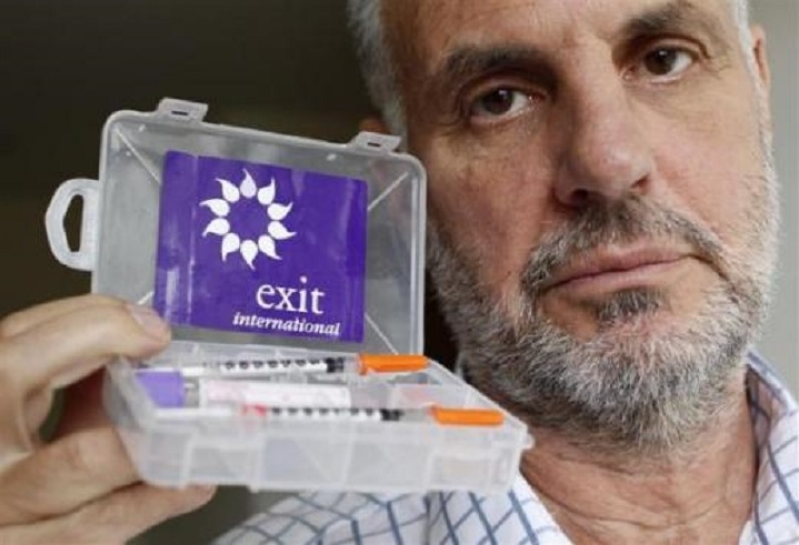
A Christian nursing home in Neuchatel, Switzerland must perform assisted suicide to patients who ask for it, according to a federal court order.
The nursing home, which belongs to the Christian charitable organization The Salvation Army, appealed the assisted suicide law passed last year because it violated their religious beliefs.
However, a Lausanne court denied the appeal and ordered the nursing home to comply with the law. This means it must perform assisted suicide for patients who express their desire to die, according to BBC radio partner WRS.
If the nursing home wants to avoid compliance with the law, the judges said, it must relinquish its status as a charitable organization. However, doing so would stop state subsidies and would keep the organization from the state’s control.
The assisted suicide law in Switzerland has been linked to several controversies. A study published in 2014 showed an increase in the number of “suicide tourists,” or people seeking assited suicide, entering the country.
“While assisted suicide (AS) is strictly regulated in many countries, it is not clearly regulated by law in Switzerland. This imbalance leads to an influx of people—“suicide tourists”—coming to Switzerland, mainly to the Canton of Zurich, for the sole purpose of committing suicide,” the study authors wrote.
The study found that from 2008 to 2012, a total of 611 people went to Switzerland seeking suicide. Most of the patients were from Germany (44 percent) and Britain (21 percent). A total of 21 patients were from the U.S. Most of the 611 patients (47 percent) suffered from neurological diseases.
Last year, the death of a patient at a Dignitas facility, which provides assisted suicide or accompanied suicide to its members, sparked controversy because he was not suffering from a terminal illness.
The 54-year-old patient, Jeffrey Spector, was diagnosed with a tumor on his spine. He said he would jump the gun because he was afraid the tumor would cause paralysis.
“I know I am going too early,” he said in an interview, according to The Telegraph. “I felt the illness had crossed the red line and I was getting worse. Rather than go late I am jumping the gun”.
Spector said his family and friends did not agree with his decision, but his move was made “in their best interests.”
He contacted Dignitas when he found out the tumor could not be removed, saying he wanted to die with dignity and he wanted to have control over his final days.
A retired nurse also decided to end her life last year although she was in good health.
Gill Pharaoh traveled from London to Switzerland because she wanted to die by assisted suicide. The 75-year-old nurse reasoned that, with her many years of working in nursing homes caring for the elderly, she realized that old age was “awful” and wanted to end her life while she still could.
“I have looked after people who are old, on and off, all my life. I have always said, ‘I am not getting old. I do not think old age is fun,’” she said. “I know that I have gone just over the hill now. It is not going to start getting better. I do not want people to remember me as a sort of old lady hobbling up the road with a trolley.”







